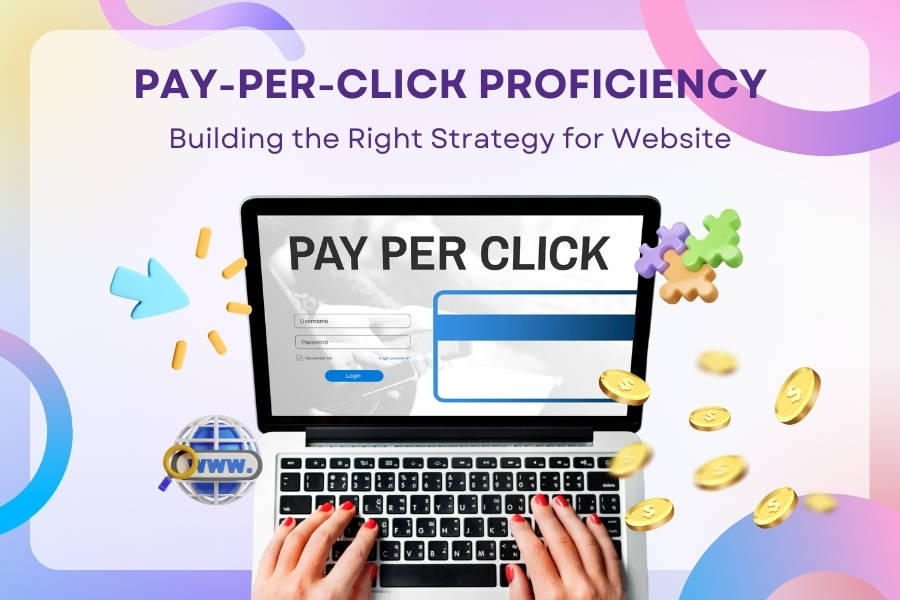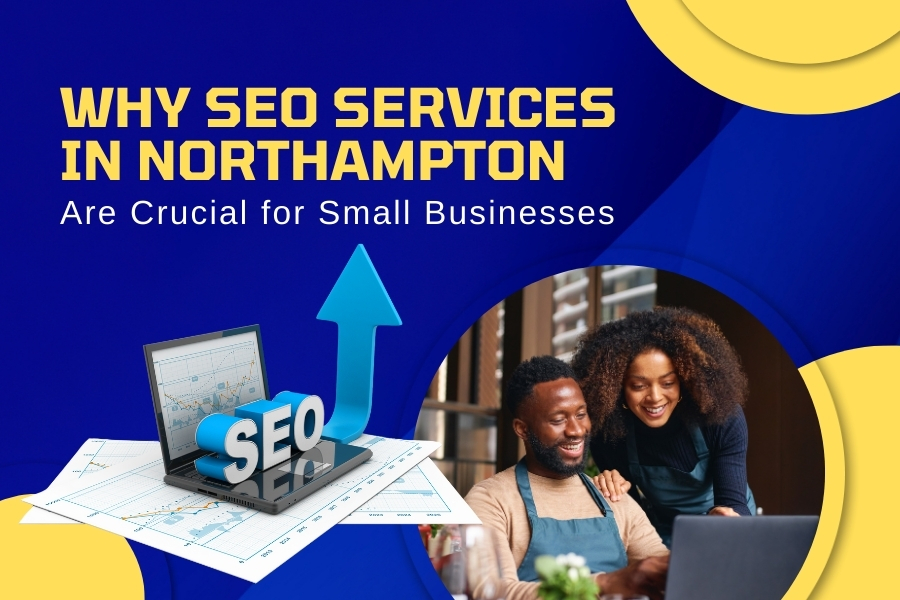
Pay-Per-Click Proficiency: Building the Right Strategy for Your Website
Pay-per-click (PPC) marketing is an effective strategy for increasing website traffic and conversions. Any company hoping to improve its online visibility must comprehend and put into practice a successful PPC plan. The main elements of an effective PPC plan for a website will be discussed in this article. We will also see the significance of PPC, how it relates to SEO services and the essential elements of developing the best strategy.
PPC Marketing: What Is It?
Online advertisers that utilize pay-per-click, or PPC, advertising have to pay up money every single time a user clicks on one of their adverts. In search engines like Google advertising, it is frequently utilized by advertisers that bid on keywords to have their advertising show up at the top of search engine results pages. PPC advertising is also possible with display advertising on webpages and social media platforms.
PPC's Significance for Your Website.
PPC marketing provides your website with a number of advantages, such as:
Instant Visibility.
PPC, as opposed to organic techniques, can give your website immediate exposure on search engine results pages.
Targeted Reach.
You can make sure that your advertisements are seen by the most relevant people by using PPC to target particular demographics, regions, and interests.
Measurable Outcomes.
PPC offers comprehensive metrics that let you assess the performance of your ads and make informed decisions.
Cost-Effective.
PPC is a cost-effective strategy to drive traffic to your website because it lets you pay only for the people that arrive.
Faster Results.
Within hours of starting your campaign, you will be able to see your ads at the top of search results thanks to the nearly instantaneous results of your PPC efforts.
Enhanced Traffic.
PPC advertising has the potential to enhance website traffic, resulting in a higher volume of conversions and income.
The Connection Between SEO and PPC Services.
Although PPC and SEO services are separate marketing approaches, they are frequently combined to increase a website's exposure and traffic. While PPC offers a means of purchasing advertising to show up at the top of search results instantaneously, SEO services concentrate on raising a website's organic search rankings. When combined, they can strengthen your internet presence and increase website traffic.
Developing an Appropriate PPC Plan for Your Website.
A PPC strategy for your website should take into account a number of important elements, including:
Keyword Research.
Perform in-depth keyword research to find the most appropriate and productive keywords for your advertisements.
Compelling Ad Copy.
Ad text that is compelling should be written to persuade people to click through to your website.
Optimization of Landing Pages.
Make sure your landing pages have been tailored to give consumers who click on your adverts a smooth and pertinent experience.
Establish Your Objectives.
Prior to developing advertising or choosing keywords, decide what your objectives are. Establish your goals using the following framework: Time-bound, relevant, quantifiable, achievable, and specific.
Targeting Your Audience.
Establish who your target market is and rank your objectives accordingly. Determine which platforms and ad formats to invest in using this information.
Keep an eye on and improve your campaigns.
Keep an eye on your campaigns and make any adjustments to your strategy by measuring performance data.
In Summary.
To sum up, any company hoping to improve its online visibility and attract relevant visitors to its website needs to become an expert in PPC marketing. Businesses can successfully use pay-per-click advertising to accomplish their online marketing objectives by comprehending the principles of PPC, how it relates to SEO services and the essential elements of developing an efficient strategy.


